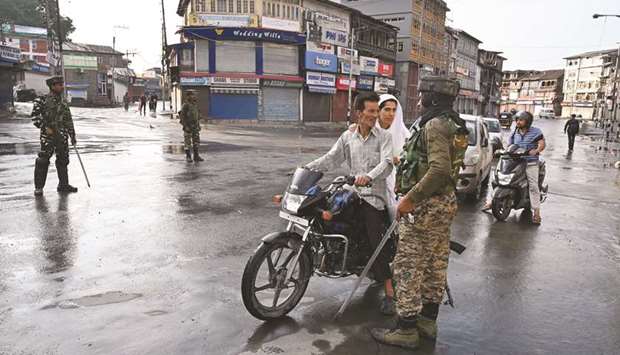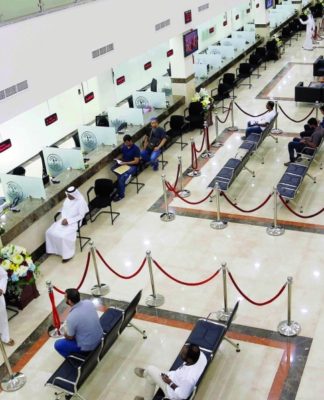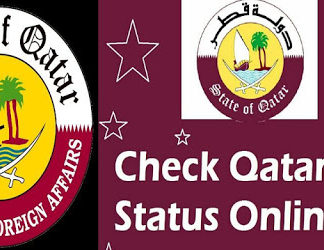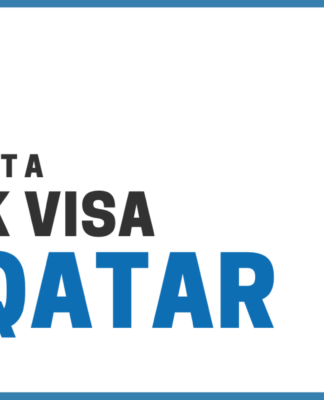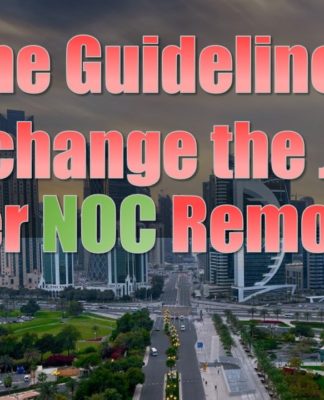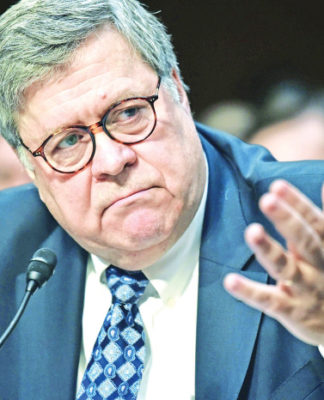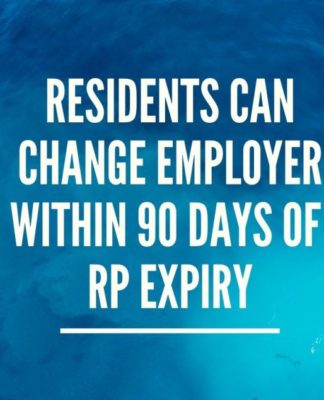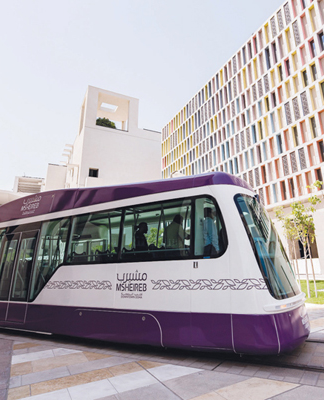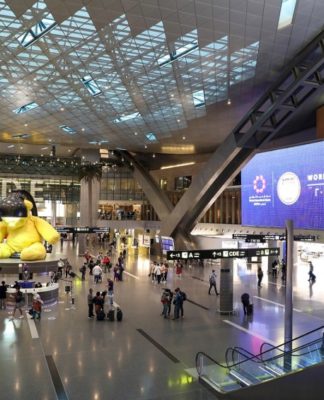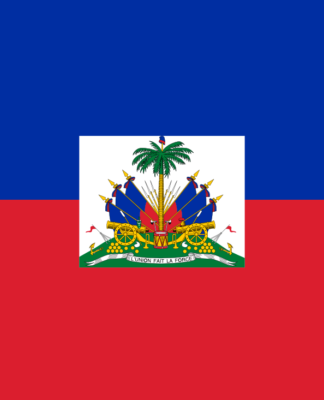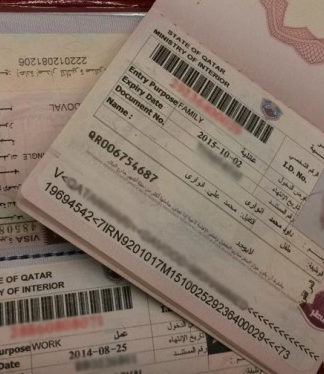Kashmir region was stripped of its autonomy to free it from “terrorism and separatism”, Prime Minister Narendra Modi said yesterday.
In his first comments on the constitutional bombshell carried out while Kashmir was under a military lockdown, Modi insisted that his government had made a “historic decision”.
The Hindu nationalist government rushed through a presidential decree on Monday to ditch the region’s constitutionally-guaranteed status.
Parliament also passed a law splitting the state into two territories.
Kashmir is also claimed by Pakistan which on Wednesday expelled India’s ambassador and suspended all trade in protest at the move.
“Friends, I have full belief that we will be able to free Jammu and Kashmir from terrorism and separatism under this system,” Modi said.
“I have full faith that the people of Jammu and Kashmir, after defeating separatism, will move forward with new hopes and aspirations.”
A new era was beginning in the region which would now rapidly move towards peace and prosperity, Modi said in a more than 40-minute address to the nation on television and radio.
Modi said the special status has “not given anything other than terrorism, separatism, nepotism and big corruption.”
Modi said he respected opposition politicians and prominent Kashmiris who have opposed the government’s strongarm tactics.
“We are working to answer their points but I request them to act to keep India’s interests and help Jammu and Kashmir and Ladakh,” he said.
“I want to assure my Jammu and Kashmir colleagues that slowly things will become normal and their problems will reduce.”.
Internet and telephone connections in Kashmir have been cut since Monday and a curfew imposed as the authorities feared trouble when the decision was announced.
The unprecedented communications blackout is prompting criticism from an increasing number of Indian media organisations and senior editors, though some also support the government saying the curbs were important for national security.
Editors at newspapers and television stations say that in many cases it has been days since they have heard from their correspondents based in Kashmir. They don’t even know whether they are safe.
“There should have been no suspension of communication services for journalists at all,” said Amit Baruah, resident editor of The Hindu newspaper. “There should have been proper arrangements made and journalist passes issued. The press should be allowed to do its job.”
There is virtually no information coming out of most of the Kashmir Valley.
Journalists who are communicating in some way say they are only able to report from a very small part of the state of Jammu and Kashmir, mainly a few blocks in the summer capital Srinigar. If they try and go outside that area they face layer upon layer of security checkpoints at which they are often turned back.
Source:gulf-times.com














